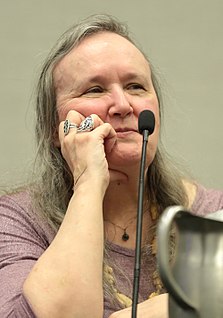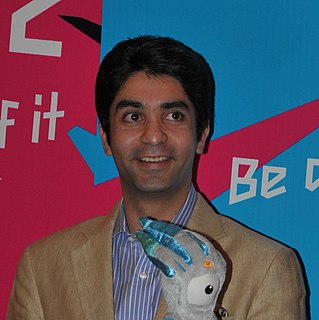A Quote by Ralph Waldo Emerson
It is long ere we discover how rich we are. Our history, we are sure, is quite tame: we have nothing to write, nothing to infer. But our wiser years still run back to the despised recollections of childhood. . . .
Related Quotes
It is long ere we discover how rich we are. Our history, we are sure, is quite tame: we have nothing to write, nothing to infer. But our wiser years still run back to the despised recollections of childhood, and always we are fishing up some wonderful article out of that pond; until, by and by, we begin to suspect that the biography of the one foolish person we know is, in reality, nothing less than the miniature paraphrase of the hundred volumes of the Universal History.
To disguise nothing, to conceal nothing, to write about those things that are closest to our pain, our happiness; to write about our sexual clumsiness, the agonies of Tantalus, the depth of our discouragement-what we glimpse in our dreams-our despair. To write about the foolish agonies of anxiety, the refreshment of our strength when these are ended; to write about our painful search for self, jeopardized by a stranger in the post office, a half-seen face in a train window, to write about the continents and populations of our dreams, about love and death, good and evil, the end of the world.
Shouldn't we suppose that many of our most painful ordeals will look quite different a million years from now, as we recall them on the New Earth? What if one day we discover that God has wasted nothing in our life on Earth? What if we see that every agony was part of giving birth to an eternal joy?
When the stories of our life no longer bind us, we discover within them something greater. We discover that within the very limitations of form, of our maleness and femaleness, of our parenthood and our childhood, of gravity on the earth and the changing of the seasons, is the freedom and harmony we have sought for so long. Our individual life is an expression of the whole mystery, and in it we can rest in the center of the movement, the center of all worlds.
Rain Soft rain, summer rain Whispers from bushes, whispers from trees. Oh, how lovely and full of blessing To dream and be satisfied. I was so long in the outer brightness, I am not used to this upheaval: Being at home in my own soul, Never to be led elsewhere. I want nothing, I long for nothing, I hum gently the sounds of childhood, And I reach home astounded In the warm beauty of dreams. Heart, how torn you are, How blessed to plow down blindly, To think nothing, to know nothing, Only to breathe, only to feel.
So much of our early gladness vanishes utterly from our memory: we can never recall the joy with which we laid our heads on our mother's bosom or rode on our father's back in childhood; doubtless that joy is wrought up into our nature, as the sunlight of long-past mornings is wrought up in the soft mellowness of the apricot; but it is gone forever from our imagination, and we can only believe in the joy of childhood.
It's funny how you can't ask difficult questions in a familiar place, how you have to stand back a few feet and see things in a new way before you realize nothing that is happening to you is normal. The trouble with you and me is we are used to what is happening to us. We grew into our lives like a kernel beneath the earth, never able to process the enigma of our composition...Nothing is normal. It is all rather odd, isn't it, our eyes in our heads, our hands with five fingers, the capacity to understand beauty, to feel love, to feel pain.








































